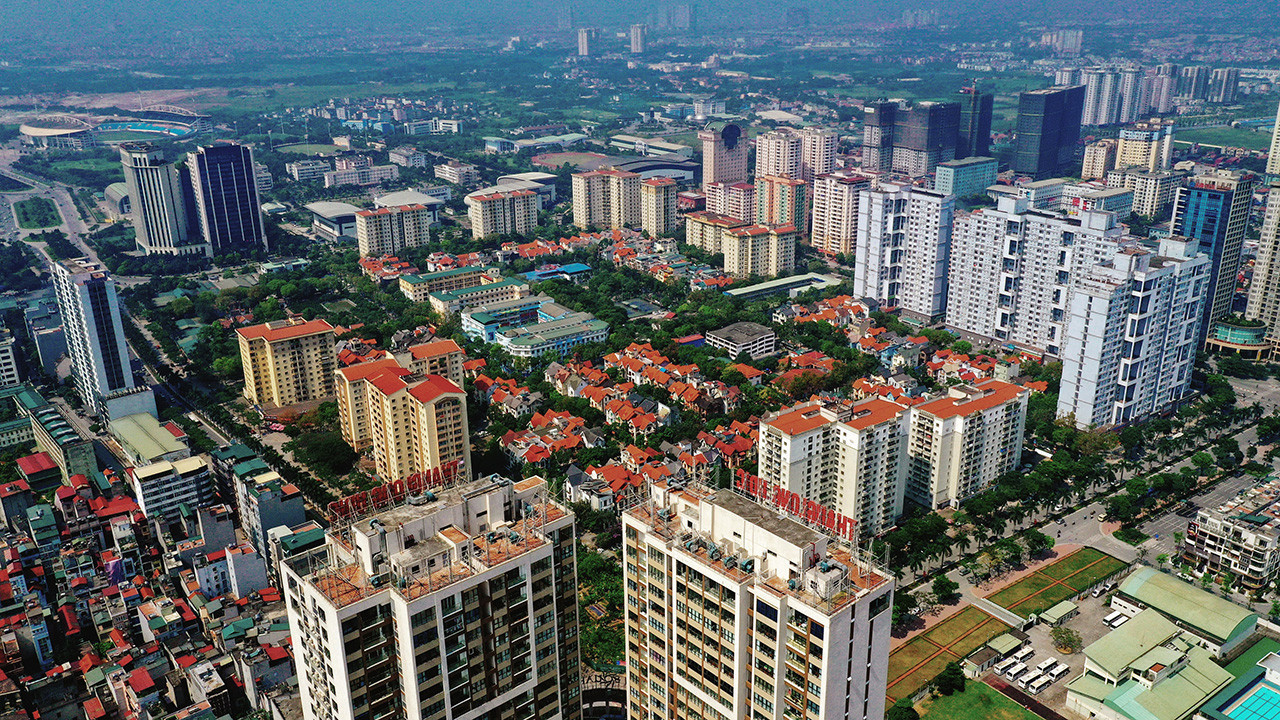
Calling brokers and promising high commissions, Do Ba Thanh in Ba Dinh district in Hanoi, for example, wants to sell a semi-detached house worth over VND20 billion in Hung Yen and two high-end apartments worth VND3 billion as soon as possible.
Thanh said real estate prices have been escalating, so there is no buyer.
“At first, I planned to sell two apartments only and keep the semi-detached house as I believed that the land price would increase more sharply. But I have changed my mind and I will sell anything I can sell,” he said.
If Thanh cannot sell soon, his VND26 billion worth of capital will be "buried" in real estate.
Nguyen Thi Thao, a major investor of suburban land, complained that she had found it difficult to sell some properties.
She has five land plots at a project in Hoa Binh, each of which is valued at VND1.5-2 billion. She also owns semi-detached houses in Hanoi.
In 2021, when house prices soared, Thao made a high profit from 20 suburban land plots she had bought three years ago. She used the profit to buy other land plots. However, as prices are escalating, the number of transactions has dropped dramatically. Thao has had to sell the properties to get cash.
Analysts say there is still no strong loss-stopping wave, but many investors have begun offering to sell real estate at prices much lower than market prices for fear that they will not be able to exist in the upcoming difficult period.
Reports show there were sharp increases in secondary prices in H1 2022 with villa prices increasing by 37 percent, and shop houses and semi-detached houses by 20 percent.
The prices of villas, semi-detached houses and street houses reached their peak after a period of increases, and are slowing down.
The phenomenon is affected by the attractiveness of products, people’s ability to pay, liquidity, and competitiveness with products in neighboring localities.
Though the credit tightening policy has been gradually loosened, it is still difficult to access loans. Along with increased house prices, this have affected market liquidity.
Duong Thuy Dung from CBRE said more than 50 percent of investors are stuck, and lifting the credit growth limit cannot help solve the market’s problems
Dinh The Hien, a respected economist, said earlier this year people did not think the 2022 real estate market would be as bad as 2013. However, their current financial situation is about "70 percent similar" to 2013.
Duy Anh